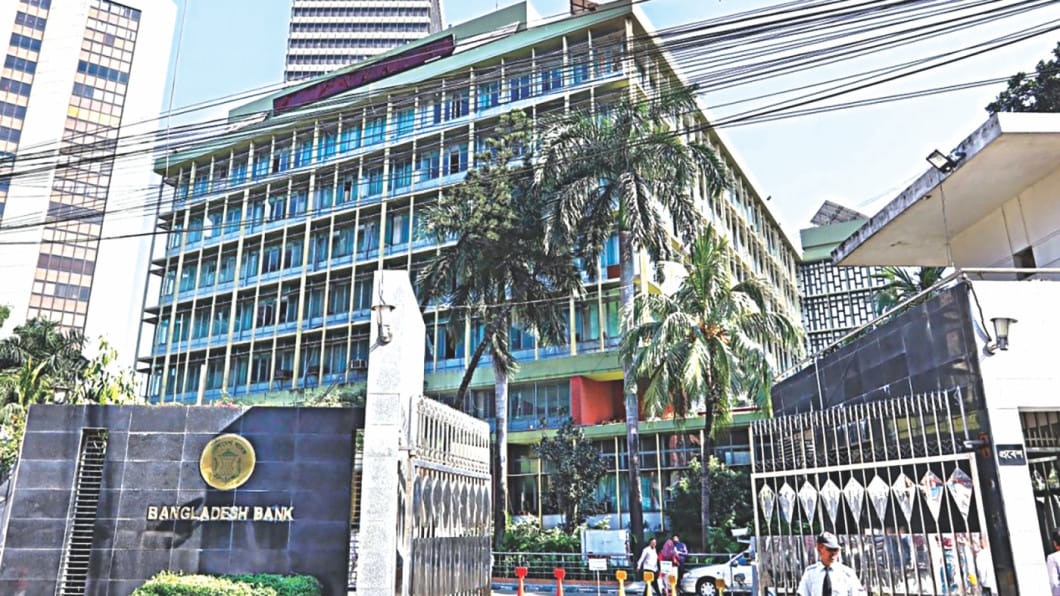Distorted data leading to flawed policies

Major economic data provided by the government is detached from reality, leading to flawed policies, experts said yesterday.
They made the comments after the Bangladesh Bank (BB) corrected anomalies in export figures, bringing down the shipment by nearly $14 billion in the July-April period of the just-concluded fiscal year.
As per data from the Export Promotion Bureau, exports stood at $47.47 billion in the first ten months of fiscal 2023-24. However, after the correction by the central bank, it has fallen by $13.8 billion to $33.67 billion.
Fahmida Khatun, executive director at the Centre for Policy Dialogue (CPD), said the projected data on GDP growth, investment, export, import, and foreign exchange reserves has no relation with reality.
"We have been witnessing that our GDP was good, but there were anomalies. So, where does this growth come from?" she questioned while speaking at a webinar titled "Budget 2024-25: How will the economy's future look?" organised by the Forum for Bangladesh Studies.
"Now, where has $14 billion gone? We have been talking about the information mismatch for a long time. Authentic data, timely data, and access to data are important because framing policies based on faulty information is wrong," she added.
Rashed Al Mahmud Titumir, professor of the Department of Development Studies at the University of Dhaka, said journalists should ask the authorities when the amended data of the revised gross domestic product (GDP) will be published.
He added that the result of the addition and subtraction of exports and imports was one of the four main pillars of the GDP calculation.
When the GDP is projected, most of it is calculated based on estimates that have no real figures, he said. However, exports and imports have real figures, said the professor.
Zahed Ur Rahman, a columnist and political analyst, said populism is on the rise globally, but it was not reflected in Bangladesh.
"Populism is practised in countries where there are efforts to win people's hearts. It is because, at the end of the day, you have to compete in elections," he said.
"But I personally haven't seen any populist measures in the budget although it wouldn't cost the government much."
For example, the government has acknowledged the burden of high inflation, which has hovered over 9 percent for nearly two years. The finance minister said this budget aims to tame inflation.
According to Rahman, the allocation for social safety net programmes such as old age allowance, widow allowance, and allowances for physically challenged people has only increased nominally.
"With inflation over 9 percent, what is the value of the Tk 600-700 they get now?" he asked.
He added that had the government spent a token amount of money in this segment, it would not impact government expenditure much because social safety net and open market sale programmes cost only Tk 12,000-13,000 crore, which is not more than 0.5 percent of GDP.
If the government could increase the allocation slightly for social safety net programmes, it could have projected that move to the masses, he added.
On the other hand, the tax proposal on MPs' cars has been withdrawn, which shows that there is no effort for populism from the government.
Rahman said he considers Bangladesh an oligarchy.
"In an oligarchy, even if you do not want to harm the poor, ultimately, they are denied their fair share," he added.
Badiul Alam Majumdar, secretary at Citizens for Good Governance (SHUJAN), said the country's priority should be creating employment, stopping corruption, and eradicating widespread discrimination.
He said there is no public mandate with the government in Bangladesh and there is no rule of law. He also opined that the structure of transparency had been broken completely.
Jyoti Rahman, director for international affairs at the Sydney Policy Analysis Center, said people are raising questions over the transparency of the information provided by the government, particularly concerning exports.

 For all latest news, follow The Daily Star's Google News channel.
For all latest news, follow The Daily Star's Google News channel. 



Comments